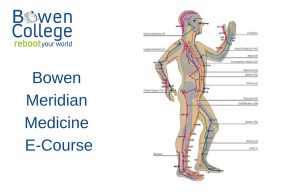Let me ask you a question: are we really in a world in which ‘superbugs’ are out to eradicate the human race? Or are we really in a world in which we need to learn how to manage and live alongside stressors, even if we believe them to be bacteria instead of our own body’s lack of homeostasis? I tend to think it is the latter. If it were the former, then at the first sign of a cold everyone would get it as the bug would be imbued with such power as to take over our immune system and make us sick. Instead, what we commonly observe is that some of us get sick and some of us don’t.
So it can’t lie with the bug, but rather how “accommodating” we are to that bug. Surely, people know this on the inside, as often they will say: “I am so run down, I hope I don’t get sick.” What they are aware of is that their inner environment is just not up to par, not strong enough.
The advent of more antibiotic-resistant strains and the limited success of antifungal and antiviral treatments further refute the invader theory. Thus we are called to find other solutions based on how to best assist the body in managing these elements.
When drawing conclusions about what course of action to prescribe, based on our understanding and assessment of the presenting symptoms, and whatever internal biological situation is in place, we must address the patient as a whole. And that will segue into our discussion of emotions in symptoms.









